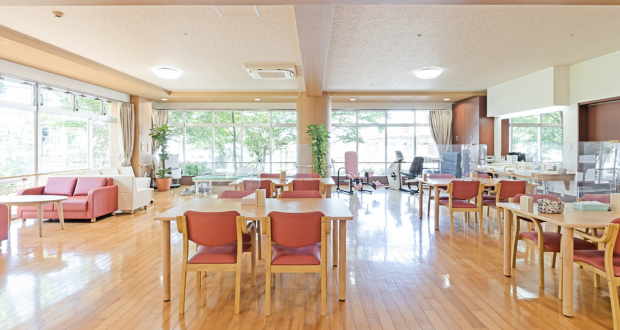Mental health, disability, homelessness, First Nation people, kids at risk, infectious diseases; all thse sectors have turned their backs on institutional care. The harm was too high, the safety too low.
So why has aged care remained steadfast in its commitment to institutions? It's not just sticking with them; there's a full-fledged love affair going on. Each year sees the emergence of more, grander institutions, praised and admired.
But, aged care hasn't managed to create institutions without significant issues. Numerous reports have highlighted the harm and lack of safety within these facilities.
Despite this, there seems to be an accepted belief that institutional care is the inevitable fate for the elderly and frail. It's viewed as a life stage, and individuals are told to accept and plan for it, regardless of their desires.
Unlike other sectors, aged care lacks a normalisation principle that acknowledges the same life opportunities for frail elders as for everyone else. In other sectors, providers are required to exhaust all alternatives before resorting to restrictive measures. However, in residential aged care, the default option is often the most restrictive, irrespective of the individual's needs.
The challenge lies in getting older people, their families, circles, and professionals to accept this reality. Unfortunately, the sector has capitalised on society's growing aversion to aging, dependence, and dementia, offering to take over responsibility. It's akin to permanent live-in childcare, leaving families free to visit at their convenience.
However, this arrangement has its pitfalls. Institutions often alienate families, leaving them feeling disconnected and useless. We're made to believe that we're intruding if we involve ourselves in care processes, fostering a culture of dependence on professionals. In the absence of family involvement, institutional cultures lack individualisation and are prone to neglect and abuse.
Moreover, institutions have a transformative effect on residents, reshaping them into compliant individuals who conform to institutional norms. Despite this, residential aged care has managed to redefine quality of life and care on its own terms, focusing primarily on boarding and safety.
Yet, this narrow definition of quality neglects essential aspects of well-being, such as choice, control, and citizenship. Despite stringent quality controls, instances of neglect and abuse persist, casting doubt on the efficacy of institutional care.
While some institutions may have originated from benevolent intentions, the aged care sector's love affair with institutionalisation has blinded it to alternative models of care. However, there are glimpses of hope in smaller, community-oriented care settings that prioritise individualised care and community engagement.
Moving forward, there's a pressing need to explore less restrictive alternatives for aged care, focusing on enabling good lives for older adults. This requires a shift towards person-centered care models that prioritize well-being and independence.
While the institutional life-stage may persist, it's essential to challenge its dominance and advocate for alternative care options that prioritise individual dignity and autonomy.
Mike Rungie is a member of a number of boards and committees, including ACFA, Every Age Counts, and GAP Productive Ageing Committee.
Do you have an idea for a story?Email [email protected]
 Aged Care Insite Australia's number one aged care news source
Aged Care Insite Australia's number one aged care news source


Well written article! Aging seems to be one of the last bastions of appropriate autonomous, individual focused person-centered care and support. The cost to the Government for every person in care is enormous, alternative care and support options must be considered and embraced. Aged care should not be a one size fits all.